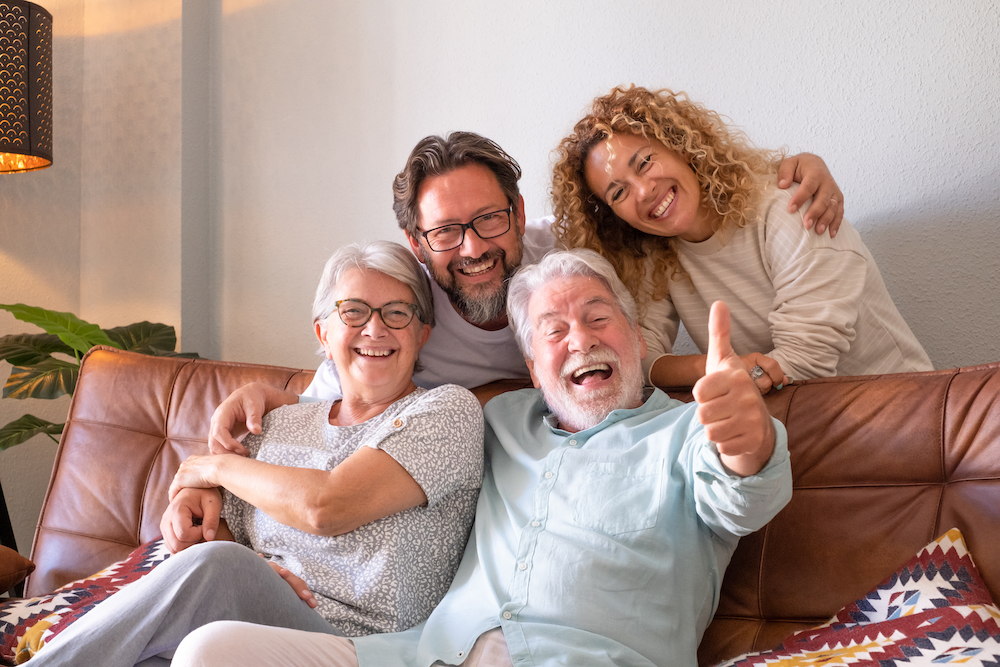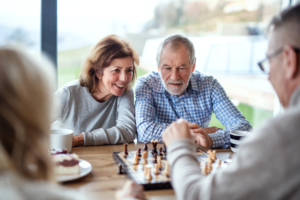
7 Advantages of Using Natural Supplements
Many people today are rejecting big pharmaceutical companies in favor of natural supplements. These products, created with plants and other completely natural ingredients, come from

A lack of social activities and age-related symptoms like a decline in cognitive function, deteriorating physical health, and problems with mental health are often related. The less older adults socialize, the more likely they are to pass away prematurely or suffer from long-term illnesses. Fortunately, there are many ways for people over 50 to socialize.
If your doctor or friends have told you that you’re not socializing enough, take this warning seriously. Social activities boost your mood, keep your brain healthy, and protect you from many aging-related diseases. In the long run, spending quality time with friends, family, and neighbors even prolongs your life.
People who are more socially active experience a 70% slower cognitive decline than those who spend most of their time on their own. Scientists don’t yet understand the exact nature of the link between brain health and social engagement, but several studies have shown that older adults who have varied and regular social engagements are less likely to suffer from Alzheimer’s or other diseases related to brain function at an early age.
Historically, humans are social creatures. Our species used to live in small groups and interact with each other around the clock. Ancient humans rarely spent any time alone. Our brains are wired to favor connection, and if we are isolated from our peers, many of us develop mental health issues like depression and anxiety.
By staying socially active, you reduce your risk of suffering from one of these conditions. If you’re worried about your mental health, engage in regular and predictable social activities because they soothe your brain and help you to cope.
Social activities are just as important for your body as they are for your brain. People who don’t interact much with others are more likely to experience a host of physical problems, including a weakened immune system, heart disease, and high blood pressure.
This is because their bodies are more stressed due to the lack of meaningful connections. Those who live alone and don’t have many social interactions are also less likely to go outside and exercise.
Scientists estimate that people who are very lonely lose up to 15 years of their life. Along with smoking and other bad lifestyle habits, social isolation is one of the top killers in our society.
If you believe that you’re at risk, take action now. Reach out to your existing network and suggest some fun activities to do together. Join a group or volunteer organization in your neighborhood, ideally one that meets regularly. If you have the resources, consider adopting a pet that will get you up and out of the house every day.
Although everyone experiences aging, an individual’s lifestyle significantly affects their health as they grow older. By participating in social activities, doing plenty of gentle exercise, and eating a healthy diet, older adults can prevent many of the negative side effects of aging. Reach out to us at Panacea Scientific to find out which all-natural supplements are particularly suitable for people aged 50+.

Many people today are rejecting big pharmaceutical companies in favor of natural supplements. These products, created with plants and other completely natural ingredients, come from

Bloating can make daily life miserable. It contributes to physical discomfort and can interfere with how your clothing fits. Relief from bloating is one of

As you get older, it’s crucial to stay active. But staying active doesn’t necessarily mean keeping up with high-intensity exercises from your youth. For many

Payment types accepted:
Visa/MC/Discover/ American Express
© Copyright Panacea Scientific 2020. All rights reserved. | Website by Infinite Web Designs